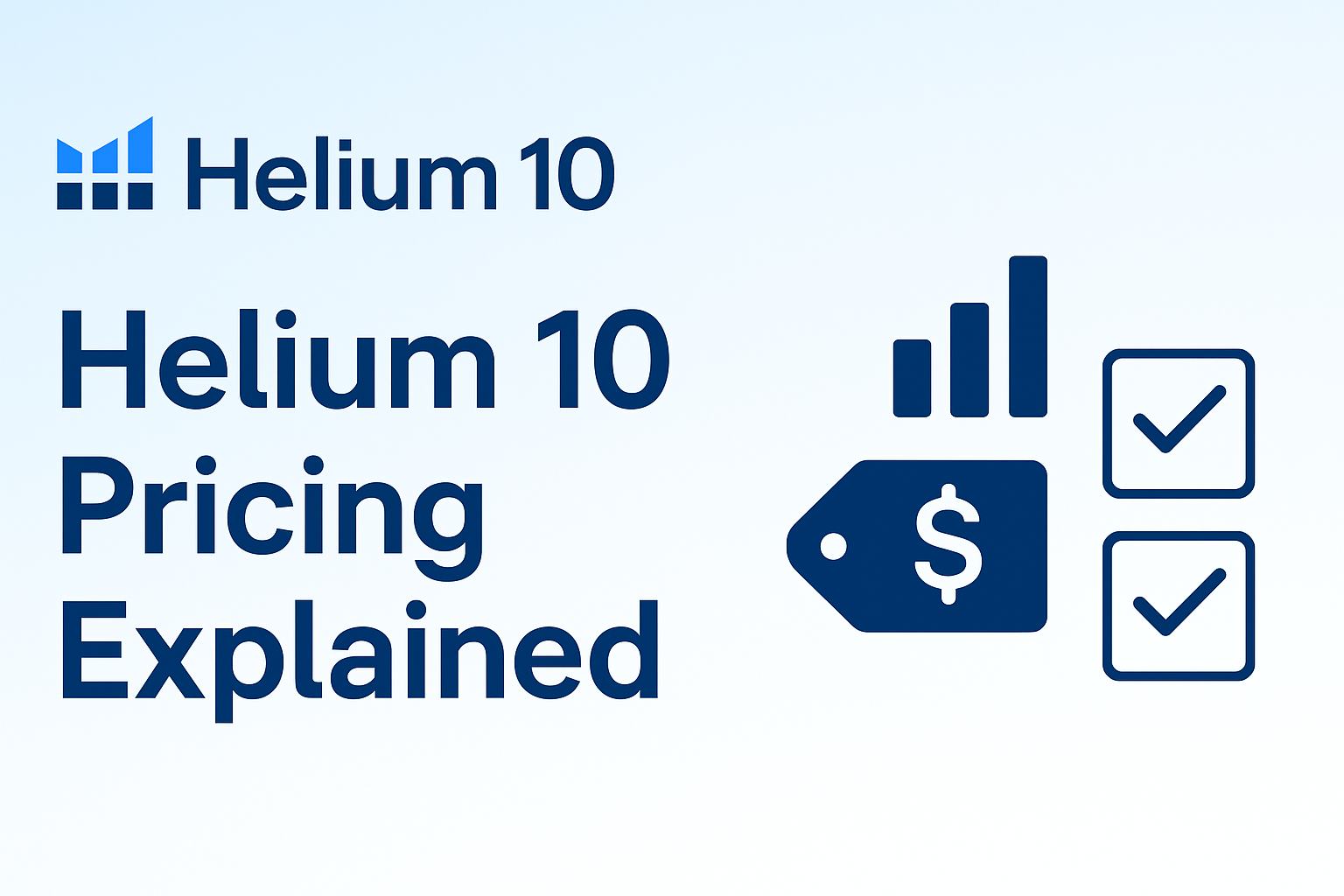When it comes to advancing your skills in open-source technologies, particularly Linux, two prominent platforms often come to mind: The Linux Foundation and edX. Both offer a range of courses aimed at enhancing your knowledge and employability in the tech industry. However, choosing between them can be challenging. In this comprehensive comparison, we’ll explore various aspects of both platforms to help you understand why The Linux Foundation stands out as the superior choice for aspiring Linux professionals.
Overview of The Linux Foundation and edX
The Linux Foundation
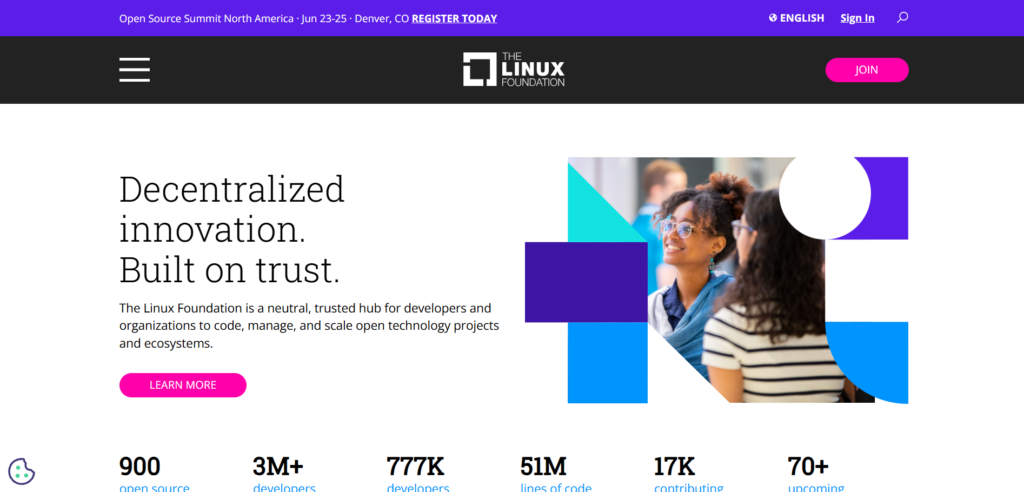
Established in 2000, The Linux Foundation is a non-profit organization dedicated to promoting, protecting, and standardizing Linux by providing extensive training and certification programs. Their courses are designed by industry experts and focus on practical skills that are directly applicable in the workplace.
edX

Founded by Harvard and MIT, edX is an online learning platform offering courses from various institutions worldwide. It provides a broad spectrum of subjects, including computer science, business, and humanities, with courses developed by universities and organizations globally.
Course Content and Specialization
The Linux Foundation

- Specialized Focus: The Linux Foundation offers courses that are deeply specialized in Linux and open-source technologies. This focus ensures that learners receive in-depth knowledge tailored to these areas.
- Hands-On Training: Courses often include practical labs and real-world scenarios, enabling learners to apply concepts in a controlled environment. This hands-on approach is crucial for mastering complex technologies.
edX
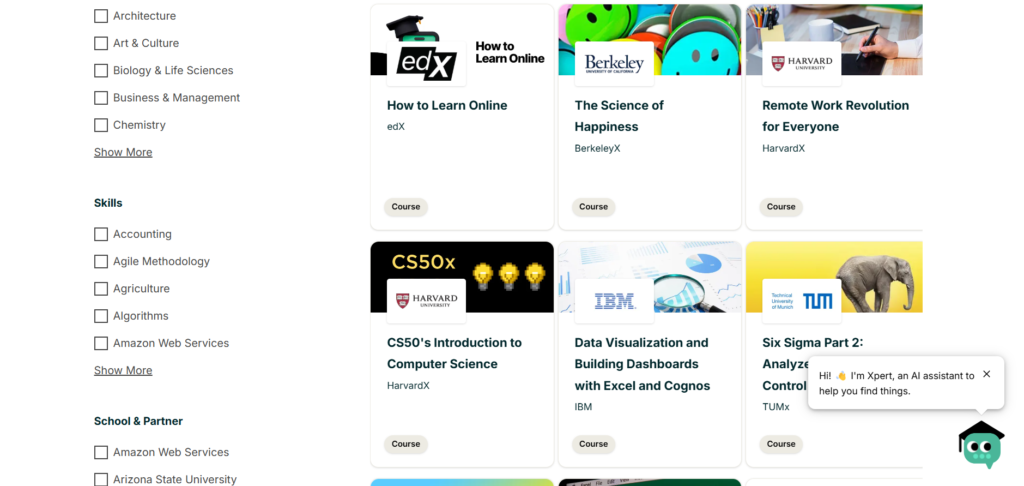
- Diverse Subjects: edX provides courses across a wide range of disciplines, from humanities to sciences. While this diversity is beneficial for general learning, it may lack the depth found in specialized platforms.
- Varied Course Quality: Given that courses are developed by different institutions, the quality and depth can vary. Some courses may offer comprehensive content, while others might be more superficial.
Certification and Industry Recognition
The Linux Foundation
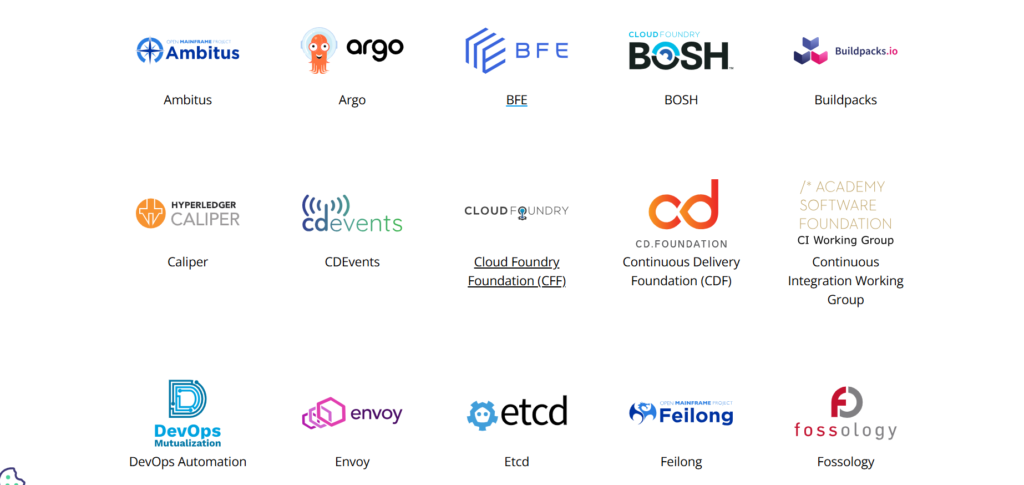
- Industry-Recognized Certifications: Certifications from The Linux Foundation are highly regarded in the tech industry. They demonstrate a candidate’s proficiency and commitment to Linux and open-source technologies.
- Direct Relevance: The certifications are designed to meet industry needs, ensuring that certified individuals possess skills that are in demand.
edX
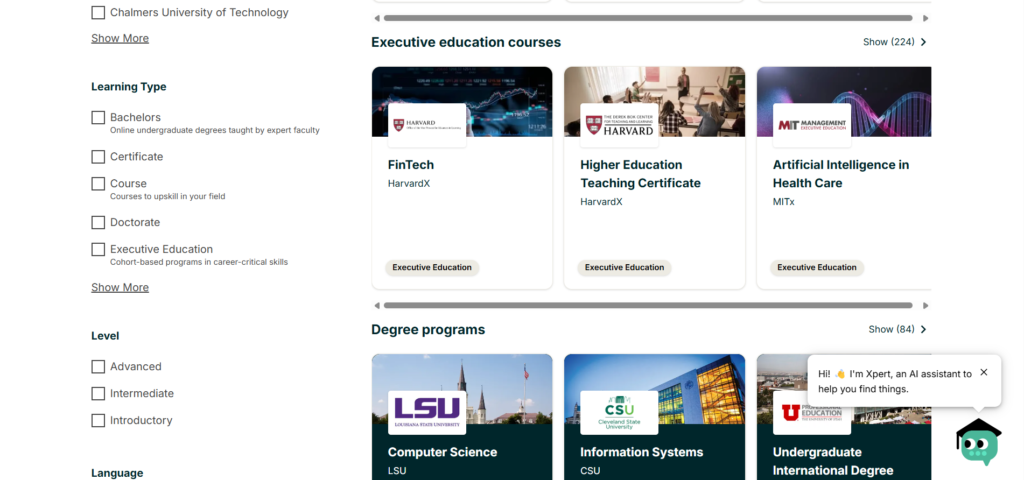
- University-Branded Certificates: edX offers certificates from partnering universities. While these are reputable, they may not carry the same weight in the open-source community as those from The Linux Foundation.
- General Recognition: Certificates are recognized in academic circles but may not specifically highlight expertise in Linux or open-source technologies.
Learning Experience and Support
The Linux Foundation
- Expert Instructors: Courses are taught by professionals with extensive experience in Linux and open-source projects, providing learners with insights from seasoned experts.
- Community Access: Enrolling in courses often grants access to a community of like-minded professionals, facilitating networking and knowledge sharing.
edX
- Academic Instructors: Courses are delivered by university professors and lecturers, offering an academic perspective on subjects.
- Limited Community Interaction: While forums exist, the level of interaction and community support can vary between courses.
Flexibility and Accessibility
The Linux Foundation
- Self-Paced Learning: Many courses are self-paced, allowing learners to progress according to their schedules.
- Global Accessibility: Online courses are accessible worldwide, catering to a global audience.
edX
- Course Schedules: Offers both self-paced and instructor-led courses with specific start and end dates, providing flexibility to learners.
- Free Audit Option: Many courses can be audited for free, granting access to course materials without certification.
Pricing and Value
The Linux Foundation
- Subscription Model: Offers various subscription plans, providing access to multiple courses and certifications. While the upfront cost may be higher, the value derived from specialized content and recognized certifications is substantial.
- Investment in Career: The cost reflects the quality and industry relevance of the training, making it a worthwhile investment for serious professionals.
edX
- Free Courses with Paid Certificates: Many courses are free to audit, with an option to pay for certificates. This model is cost-effective for learners seeking knowledge without the need for formal recognition.
- Variable Costs: The price for certificates and professional programs varies, and some may find the costs add up when pursuing multiple certifications.
User Reviews and Feedback
The Linux Foundation
- Positive Feedback: Learners often praise the depth and practicality of the courses. For instance, a review highlighted, “What I appreciate most about Linux Foundation Training is the exceptional quality and depth of the courses. Each course is well-structured and covers essential topics thoroughly, making it easy to grasp complex concepts.”
- Recognition of Expertise: The instructors’ expertise and the practical nature of the training are commonly noted as significant advantages.
edX
- Mixed Reviews: While many appreciate the variety of courses, some learners have noted inconsistencies. A user mentioned, “The course looks like it was quickly created in a weekend. The people in the very short videos make little speech mistakes/impediments…”
- Quality Variance: The decentralized nature of course creation leads to variability in quality and depth.
Conclusion: Why The Linux Foundation Wins
When comparing The Linux Foundation and edX for Linux and open-source technology training, The Linux Foundation emerges as the superior choice due to:
- Specialized and In-Depth Content: Focused courses that delve deeply into Linux and open-source technologies.
- Industry Recognition: Certifications that are highly regarded by employers in the tech industry.
- Practical Learning Approach: Emphasis on hands-on training and real-world applications.
- Expert Instructors: Courses led by seasoned professionals with extensive industry experience.
While edX offers a broad range of subjects and the flexibility to explore various fields, for those specifically aiming to excel in Linux and open-source technologies, The Linux Foundation provides a more targeted, practical, and industry-aligned learning experience.
FAQ’s
Which platform offers more hands-on technical training?
The Linux Foundation provides real-world labs and practical exercises, while edX leans more toward academic theory.
Which is better for industry-recognized certifications?
Linux Foundation certifications like LFCS and CKA are highly respected by employers across the tech industry.
Who creates the course content—Linux Foundation or edX?
Linux Foundation courses are built by the actual maintainers and experts of the technologies you’re learning.
Which is more focused on open-source and DevOps careers?
The Linux Foundation specializes in Linux, Kubernetes, and DevOps, making it ideal for modern IT professionals.
Where will I get more job-ready skills, faster?
The Linux Foundation trains you with tools and environments you’ll actually use in real tech jobs.

